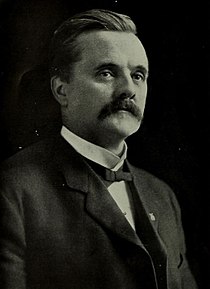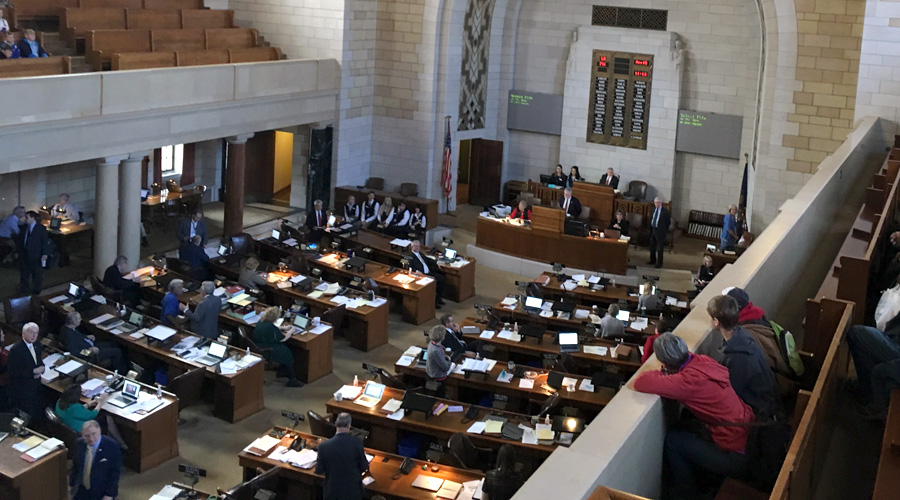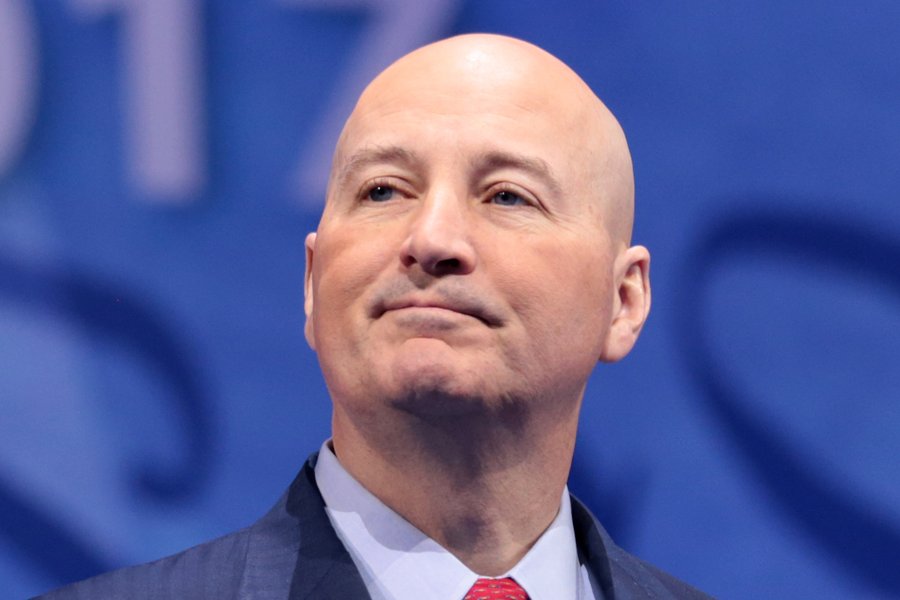Let’s start with brief review, shall we? The Nebraska Unicameral is the only one-house state legislature in the United States:
- Its one-house system is similar to most city, county and school district governing bodies.
- The Nebraska legislature is also nonpartisan, another unique feature. This means that a candidate’s political party is not listed on the election ballot.
- Additionally, Nebraska’s legislative leadership is not based on party affiliation. It is believed that this focus on nonpartisanship allows lawmakers to base their actions on their own convictions and the desires of the citizens in their districts, rather than on party dictates.
 The vision of Nebraska’s one-house legislature includes the pillar of clear and visible openness, rather than secrecy. George Norris, who championed the state-wide ballot issue which formed the Nebraska unicameral in 1937, said “Every act of the legislature and every act of each individual must be transacted in the spotlight of publicity.” Mr. Norris railed against the concealed actions of bicameral legislature conference committees, which resolved differences when similar bills passed in both houses had different content. In Nebraska prior to 1937, an appointed six-member conference committee met in secret, and the votes of its members were not made public. Mr. Norris believed that these kinds of conference committees therefore held too much power, and that they could be more easily influenced by lobbyists.
The vision of Nebraska’s one-house legislature includes the pillar of clear and visible openness, rather than secrecy. George Norris, who championed the state-wide ballot issue which formed the Nebraska unicameral in 1937, said “Every act of the legislature and every act of each individual must be transacted in the spotlight of publicity.” Mr. Norris railed against the concealed actions of bicameral legislature conference committees, which resolved differences when similar bills passed in both houses had different content. In Nebraska prior to 1937, an appointed six-member conference committee met in secret, and the votes of its members were not made public. Mr. Norris believed that these kinds of conference committees therefore held too much power, and that they could be more easily influenced by lobbyists.
Is the Unicameral Effective or Not?
Many citizens believe that the Nebraska Unicameral is a uniquely effective construct. Many do not. Those who are opposed to the single house system commonly state that:
- As there is no other legislative body to re-evaluate a bill, the legislators must complete more work for each and every bill. This can result in fewer addressable bills.
- The non-partisan structure of the Unicameral also limits the volume of bills that can be processed. A partisan system is capable of processing a higher volume of bills, which can translate to a greater number of high priority bills addressed and passed.
- Nebraska’s one-house system does not provide for strict filibuster rules and controls like those in place in almost all other states. This makes it particularly difficult to pass controversial legislation.
- Term-limited legislators cannot run for a seat in the other house
- The non-partisan approach makes it difficult to pass necessary, yet unpopular, legislation, or to cooperate with a partisan Governor.
As we are in an even numbered year, the Unicameral of the State of Nebraska will complete 60 legislative days. According to the approved 2022 legislative calendar, these 60 legislative days are scheduled to be completed by April 20, 2022. Given the brevity of this session, the state’s budget bills and Senator’s priority bills are given strong preference.
In odd numbered years, the Nebraska legislature completes 90 legislative days. The 2023 legislative session will begin on January 4, 2023. As the 2023 legislative calendar has not yet been approved, the ending date of the session has not been determined.
Bills to Watch
The following graphic provides a quick status update on legislative bills of particular interest to The Cornhusker Guardian during the current session. Please note that no “tax relief” bills appear in the below image, as these bills will be amended and combined into one tax relief bill and addressed later in this session. And finally, “LR” 278CA, if passed, would be an amendment to the Nebraska constitution.

Feature photo: The Unicameral meeting, April 10, 2018. Photo by CG Staff. Inset photo: George W. Norris (public domain)




